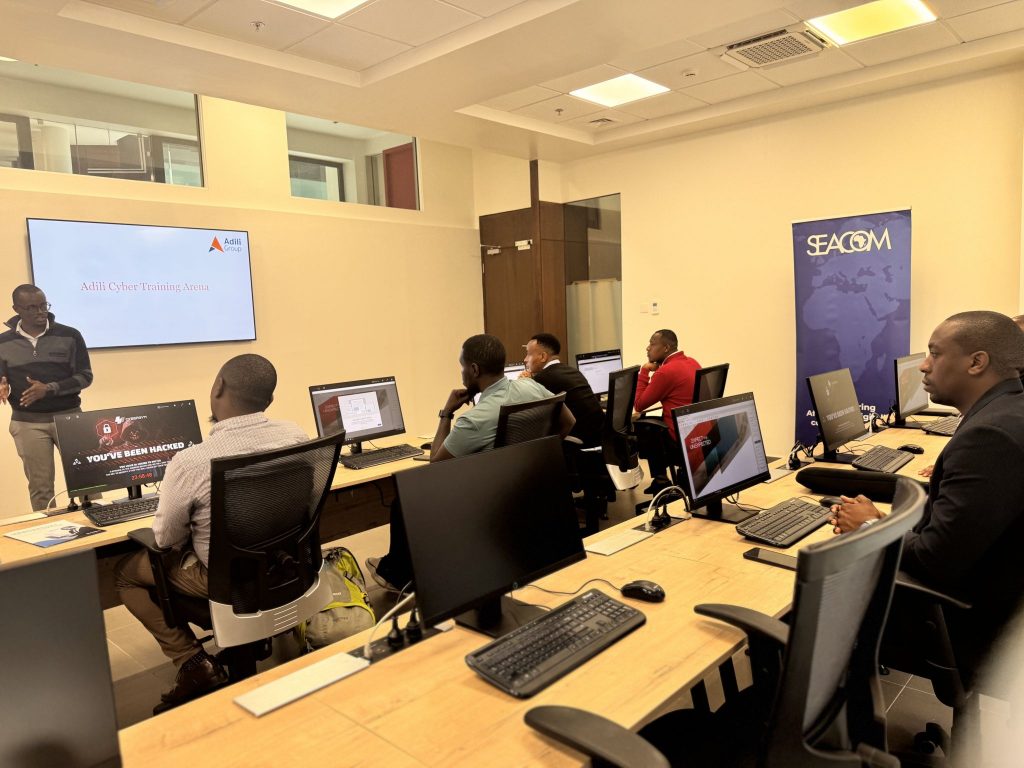Kenya
The Central Bank of Kenya has officially launched the Banking Sector Cybersecurity Operations Centre (BS SOC). This centre will operate as a hub for monitoring cyber threats and coordinating responses across Kenya’s financial sector. All banks and financial institutions are now required to report cyber incidents promptly and demonstrate stronger compliance with existing cybersecurity guidelines. With incidents rising sharply, more than a 200 percent increase this year, institutions that fail to meet these standards risk regulatory penalties, financial losses, and reputational harm. Strengthening internal systems and reporting processes should be treated as an urgent priority for institutions.
Tanzania
Tanzania’s Immigration Department has launched a mandatory verification exercise for all foreign nationals working or residing in the country. Between 11 September and 8 October 2025, individuals must present their passports and valid permits (work or residence) for authentication. This initiative is part of a broader compliance crackdown aimed at ensuring documentation is up to date and genuine. For employers, the exercise highlights the importance of monitoring immigration compliance and maintaining accurate employee records. Companies with expatriate staff should act quickly to confirm that all documentation is in order to avoid penalties, disruptions to operations, or reputational risks.
Uganda
Uganda’s Ministry of Foreign Affairs has confirmed that the United Arab Emirates plans to introduce new visa restrictions on Ugandan nationals beginning in 2026. While this is not a full ban, the restrictions will mainly affect long-term visas, with short-term entry options still available. The move is linked to concerns around overstays and irregular work by Ugandans in the UAE. For businesses, particularly those engaged in labour export, recruitment, or cross-border assignments involving Ugandan staff, this development could significantly impact workforce mobility and staffing strategies. Early preparation will be key to adapting to the tighter immigration landscape.
From international trends to regional shifts, this section examines developments that organisations must monitor to navigate change, manage risk, and maintain operational resilience.
Rwanda
Credit rating agency Moody’s has revised Rwanda’s outlook from “negative” to “stable,” citing reduced geopolitical risk following progress in peace efforts with the Democratic Republic of Congo, alongside strong economic growth and institutional reforms. The upgrade is expected to bolster investor confidence,signalling that Rwanda’s governance and fiscal discipline are improving in ways that support long-term stability.
South Africa Shifts Gears: China & India Back Local Auto Manufacturing
South Africa secures China & India investment for local auto manufacturing
South Africa has struck deals with Chinese and Indian companies to upgrade SKD (semi-knocked-down) auto-assembly operations to CKD (complete knocked-down) manufacturing in places like Gqeberha and Durban. The aim is to boost local value creation amid concerns about import dependency and competition from other African producers.
Global Inflation Outlook: Growth Strains Emerging in Export Markets .
The International Monetary Fund (IMF) has released a mixed outlook on global inflation. While some regions have managed to absorb the impact of rising tariffs and maintain relative stability, others, particularly export-driven economies, are beginning to feel the strain. Weakening global demand is slowing growth in these markets, creating uneven economic conditions and highlighting the fragile balance facing the world economy.
Sources:
- Reuters
- Central Bank of Kenya
- The Citizen
- Capital Business












